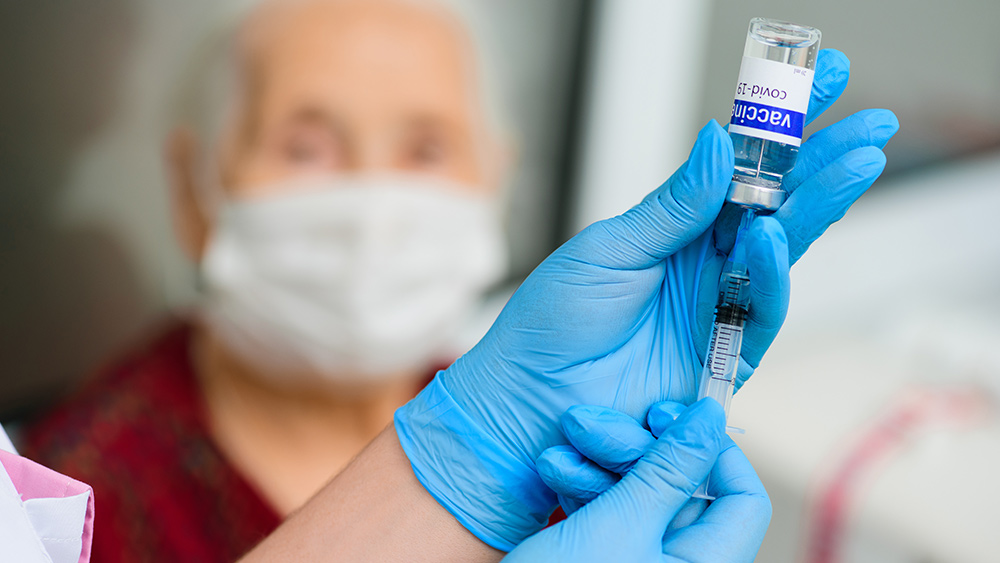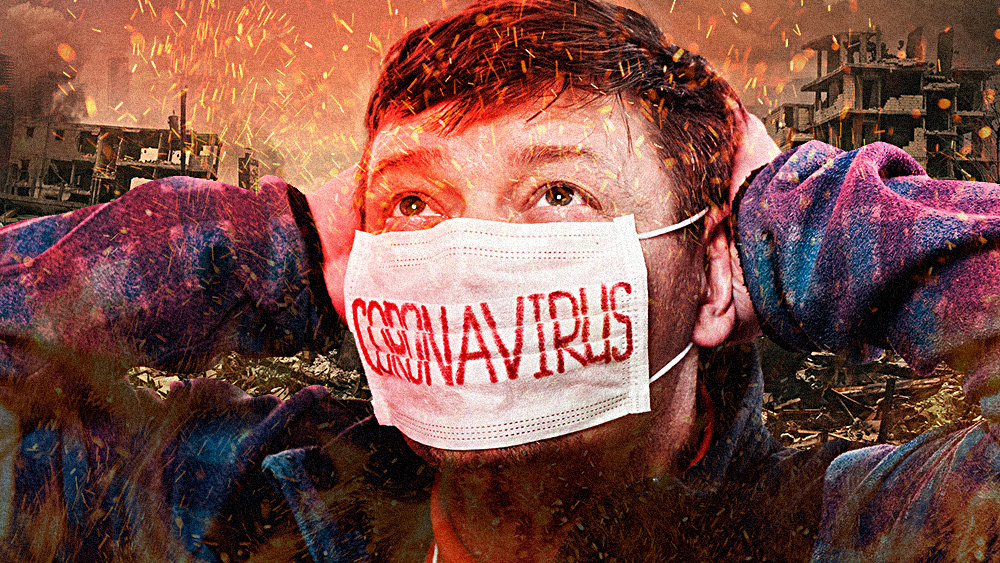The burden of proof is on Big Pharma to prove that covid “science” is legitimate rather than fraudulent
07/26/2021 / By Ethan Huff

An article recently published in the British Medical Journal (BMJ) asks the pertinent question, “Is it time to assume that health research is fraudulent until proven otherwise?” The answer, of course, is yes.
The reason is that the quality of “medical science” today has declined to the point of becoming an almost parody of itself, destroying the credibility of the sciences for possibly generations to come.
If we are ever again to have a trustworthy system of science, the time is now to start requiring that researchers prove their oftentimes wild claims beyond a shadow of a doubt, rather than just assume their work to be accurate simply because it got published in a “reputable” journal.
“Health research is based on trust,” reports Strange Sounds. “Health professionals and journal editors reading the results of a clinical trial assume that the trial happened and that the results were honestly reported.”
“But about 20% of the time,” said Ben Mol, professor of obstetrics and gynaecology at Monash Health, “they would be wrong.”
It is a grave error to continue just assuming that all health research is honest and truthful. To the contrary, it is better to assume it all as fraudulent until proven otherwise.
“Trust but verify” no longer works in the realm of science because everyone is doing the former, and very few are doing the latter. In order for scientific information to withstand the threshold of trust, it must be verified, which rarely seems to happen anymore.
Systematic reviews cannot be trusted, says Roberts
One example of science gone wrong was the publishing of a study claiming that mannitol halved the number of deaths resulting from head injury. It turns out that the trials cited never happened, and the school referenced does not even exist.
“The trials were all published in prestigious neurosurgery journals and had multiple co-authors,” Strange Sounds further explains, citing Prof. Ian Roberts who spoke about this fraudulent study during a recent webinar.
“None of the co-authors had contributed patients to the trials, and some didn’t know that they were co-authors until after the trials were published.”
Interestingly, when Roberts contacted one of the journals that published the study, he was told by the editor that he should not trust the data. Why, then, did that editor and others like him publish the fraudulent study in the first place?
After identifying yet another study in which cited trials were determined to never have occurred, Roberts has come to the conclusion that all systemic reviews, particularly those that involve mostly multiple small trials, should not be trusted. (RELATED: Fake science is everywhere these days.)
Rather than combine small, single-center trials into systematic reviews, Roberts says they should be discarded entirely. There is simply too much fake science emerging nowadays to continue allowing this format to persist as being credible.
Anesthetist John Carlisle analyzed some 526 trials submitted to the journal Anesthesia, discovering that 73 (14 percent) had false data. Another 43 (eight percent) Carlisle categorized as “zombie.”
In analyzing 153 studies with individual patient data, Carlisle found that 67 (44 percent) had untrustworthy data and 40 (26 percent) were zombie trials. Many of these fraudulent trials came from countries like Egypt, China, India, Iran, Japan, South Korea and Turkey.
Prof. John Ioannidis confirmed this, finding that of the trials containing individual patient data that were submitted to Anaesthesia, 100 percent of the ones from Egypt were false, along with 75 percent from Iran, 54 percent from India, 46 percent from China, 40 percent from Turkey, 25 percent from South Korea, and 18 percent from Japan.
The latest news about the problem of fake science deception can be found at Deception.news.
Sources for this article include:
Tagged Under: Big Pharma, conspiracy, deception, fraud, fraudulent data, pharmaceutical fraud, research, science deception, science fraud, studies, Trials
RECENT NEWS & ARTICLES
COPYRIGHT © 2017 SCIENTIFIC NEWS





















